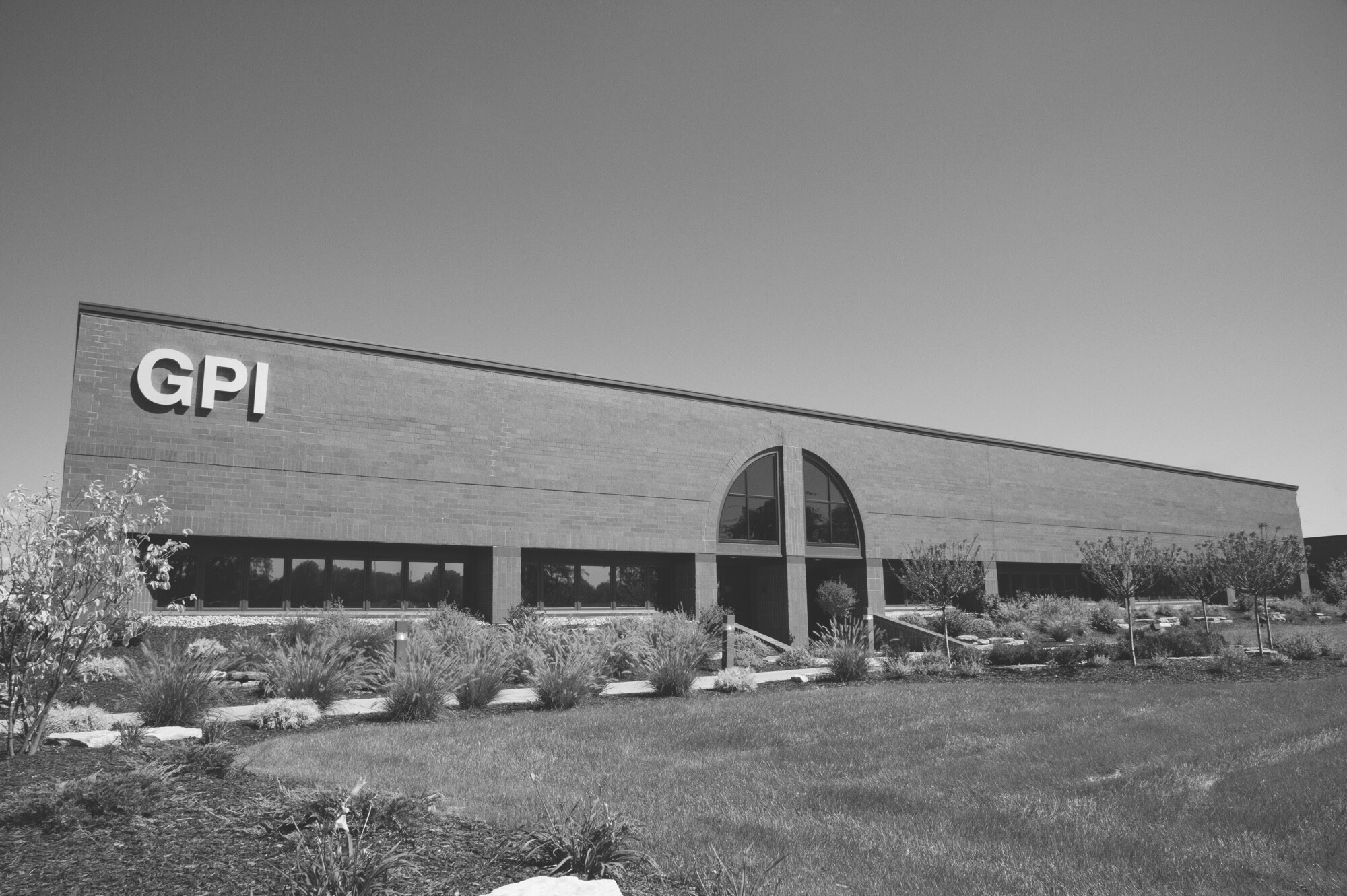Contaminants are everywhere.
Dirt. Dust. Water. These types of foreign substances and others may seem insignificant. But they can grind your operation to a halt. That’s because contaminated oil can:
-
Damage equipment
-
Reduce efficiency
-
Degrade oil quality
-
Increase downtime
-
Reduce the lifespan of equipment
From storage to application, each phase of the lubrication process comes with inherent risks. Taking the necessary steps now can prevent problems later.
As you look for ways to maintain operational efficiency, keep a few things in mind:
Optimize Your Storage
Oil drum caps can expand and contract. When this happens, contaminants have the opportunity to creep in. To prevent this, store your lubricants in a cool, dry environment.
However, this isn’t always an option. Whether it’s due to logistics or space limitations, it may not always be possible to store your oil in the best location. If this is the case, try to keep the oil drums at a slight angle. This prevents water from collecting on top.
Clean Your Components
One of the most common sources of contamination are the hoses, pumps, and other components used to add new oil to your machines. Make sure this equipment is cleaned thoroughly.
Any extra time and attention paid to this step are likely to pay dividends down the road. Otherwise, you could end up adding dirt, debris, or waste oil back into your machines.
Analyze Your Oil
Instead of being reactive to any problems that might occur, be proactive by making lubricant analysis a regular part of your process.
The data collected helps you make informed decisions. You’ll have a better understanding of what’s actually happening with your equipment and you can pivot when necessary.
Train Your Team
This final step is easy to minimize or overlook. However, even with the best processes in place, ultimately it’s the people you employ who need to follow through. That’s why training should be both thorough and ongoing. It can also be helpful to explain the why behind each step. When your team has a well-rounded understanding, they’re better able to perform their duties at a high level.
For additional information, check out Mobil’s lubrication contamination partner RIG. You can also explore Mobil LubeGuard Pro, a contamination control program available through Des-Case.
Along with these tips, one of the best ways to ensure that your oil is working for you and not against you is to make sure you have the right oil in the first place. A local distributor like General Petroleum is an invaluable resource to help you make better decisions.
You know your business. We know oil. If you have any questions or if you would like to talk to our team of experts, contact General Petroleum today.
